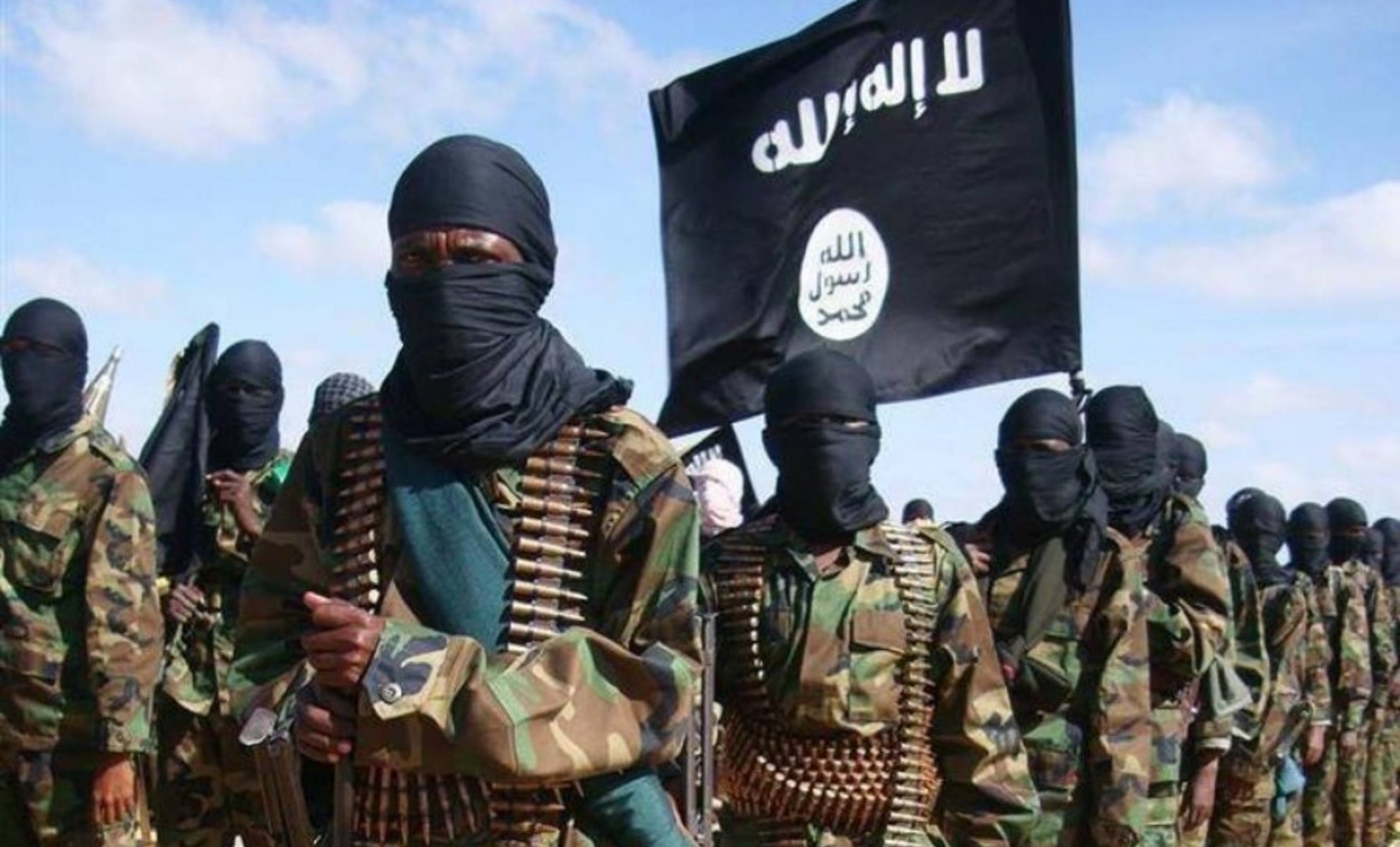On April 3rd, the US Central Command made an announcement regarding the killing of Ahmed Al-Jabouri, the mastermind behind ISIS attacks in Europe, during a military operation in Syria. This signifies a significant change in the current US strategy towards countering the organization in Syria. The move holds multiple implications, the most significant being that it was a preemptive strike intended to impede the organization’s capacity to carry out fresh terrorist attacks in Europe, much like the ones they carried out in the past in various European capitals, including Paris and Brussels.
Two main indicators
It can be said that there are two indicators that reveal ISIS’s trend to attempt to escalate its terrorist operations within European countries. These are:
- There has been a rise in incitement campaigns aimed at executing external operations by ISIS. Although there has been a decrease in the organization’s activities in Europe in recent years due to the rigorous security measures implemented by European countries, their media campaigns are still robust and active. This could result in the recruitment of radical individuals from within those countries, who could conduct fresh terrorist attacks under the guise of “sleeper cells” or “lone wolves”.
- Western warnings regarding potential attacks from ISIS persist, as various signs indicate that the organization still possesses the ability to execute terrorist attacks outside the territories it previously controlled in Syria and Iraq, despite its recent defeats and setbacks. During the Senate Armed Services Committee on March 17th, General Michael K. Nagata, the commander of the US Central Command, cautioned that “hundreds of thousands, if not millions, of American citizens are potentially vulnerable to a Daesh Khorasan attack.” He further added that “Daesh Khorasan could carry out an external operation against US or Western interests abroad within six months without warning” and that “Daesh Khorasan is becoming more daring and expanding its ranks.” This warning applies not only to “Daesh Khorasan” but to other branches of the organization, particularly those situated in Syria and Iraq.
Possible Repercussions
Such military strikes may have various repercussions on the activities of the “ISIS” organization in the coming period, the most prominent of which are:
- ISIS has shown a particular interest in the ongoing political unrest in many European countries, particularly due to the escalating effects of the Russian-Ukrainian war. The organization aims to exploit this situation as a means to bypass the complex security measures implemented by these countries, and to infiltrate their territories once again, thereby carrying out fresh terrorist operations akin to those they previously executed in Paris, Brussels, and other locations. This interest was highlighted through ISIS’s release of a video on its affiliated media featuring an English-speaking member fluently calling for the use of various tools and trucks to carry out new terrorist operations in European countries.
- ISIS may attempt to exploit the various events witnessed in many European countries during the upcoming phase, such as the burning of a copy of the Holy Quran in Sweden, to recruit more extremist individuals who share the organization’s terrorist ideologies and orientations. This would allow them to execute their nefarious plans in the cities where they reside. Thus, it is evident that the organization has increased its efforts to intensify its digital presence, as this represents a crucial mechanism to enhance its influence in countries that are far from the areas it controls or has a presence in.
- The issue of “returnees” from conflict zones, particularly fighters who joined ISIS in Syria and Iraq in recent years, remains a significant concern for many European countries. Some countries are still unwilling to accept these fighters and only welcome their families. This issue continues to be a major topic of discussions and debates on the domestic front in many European countries.
Some countries, including France, are facing significant pressure regarding the issue of repatriating individuals who joined ISIS in Syria and Iraq. France announced on October 20 of last year that it had conducted an operation to bring back 40 children and 15 women from camps controlled by Kurdish militias in northern Syria. The European Court of Human Rights had ruled that France must reconsider the requests for repatriation submitted by two French women who traveled to Syria with their partners to join ISIS. These requests also included the repatriation of the children born to these women while in Syria. There is a possibility that ISIS may attempt to recruit some of these returnees again, particularly since the camps where they were located previously provided an opportunity to teach them the organization’s ideologies and orientations.
- Targeting European interests in the region: The organization’s attempts to reach some European capitals again may also coincide with efforts to target European and Western interests in some countries in the region. This may serve two purposes for the organization: first, to demonstrate its ability to continue its operations despite the military strikes and defeats it has suffered in recent times; and second, to increase the cost of military operations carried out against it by some forces, such as the United States, which have inflicted significant material and human losses on the organization.
Continuous Threat
The military strikes carried out by Western countries, such as the United States, against ISIS leaders and cadres have had several repercussions on the organization’s organizational cohesion. These strikes have mainly targeted leaders in the first and second ranks in recent years. Despite this, the organization still has the ability to enhance its activity, which can help it obtain different sources of funding and recruit more terrorist elements to compensate for the significant human losses it has suffered due to those strikes. This is particularly evident in the post-Baghouz defeat phase in March 2019.


